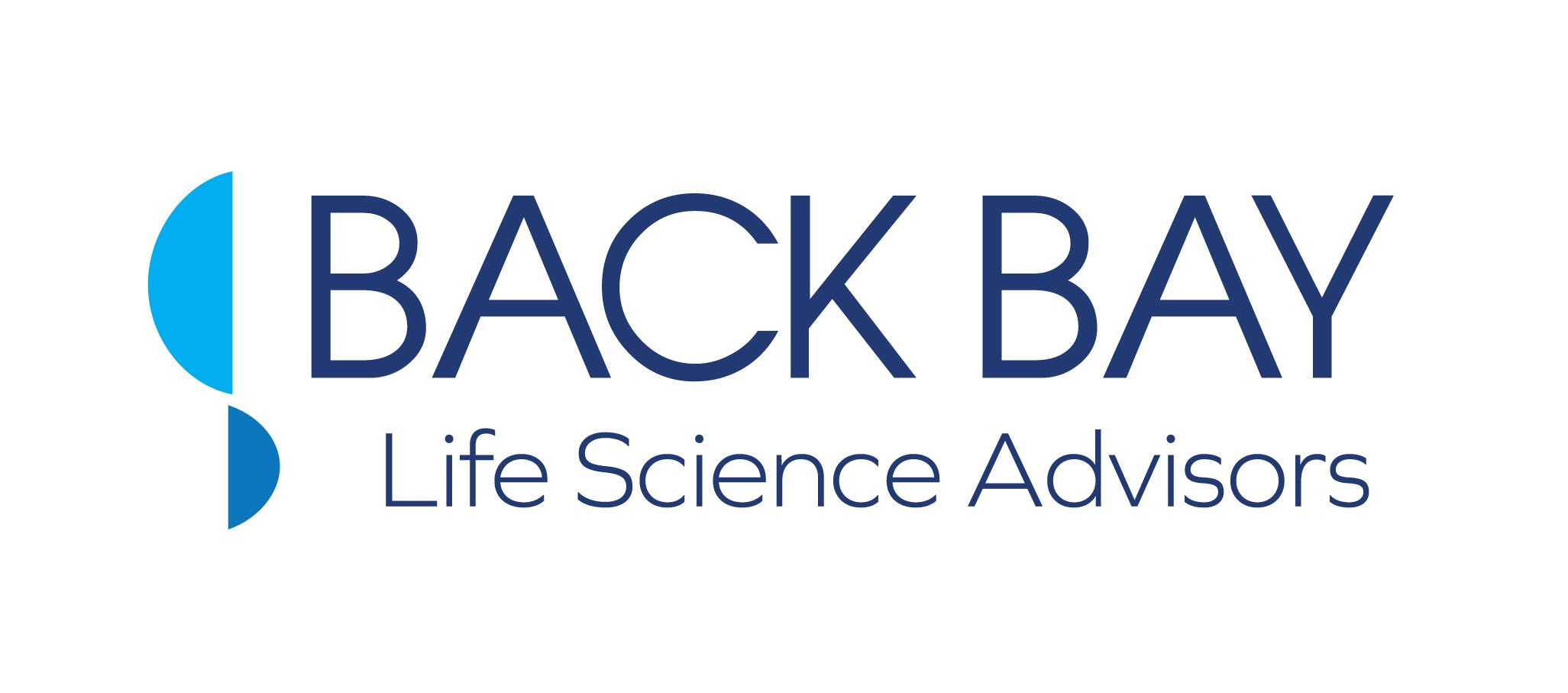Mentoring the Next Generation of Life Science Innovators
By Jonathan P. Gertler, MD
In the life science community, it’s necessary to return to our academic roots to foster knowledge, share learning, and cultivate the careers of those coming up the ranks. Dedicating time to mentoring the next generation of innovators and entrepreneurs is not an optional activity: the life sciences rely on the “new guard” for our future breakthrough treatment, medical technology, or a new way to approach age-old problems.
Mentoring academia and startup
Numerous fine programs rely on seasoned entrepreneurs to foster development and impart knowledge. In mentoring, Back Bay advisors are grateful recipients of the infusion of energy, enthusiasm and fresh thinking that thrives in programs designed to encourage entrepreneurial spirit and clinical advancement in biotech, medical device, and pharmaceutical development.
Back Bay Senior Consultant, Tejdeep Singh Bawa, works with Princeton University to foster innovation and this summer served on the panel of judges for the case competition of the Princeton University Graduate Consulting Club, a student organization open to graduate students and postdoctoral researchers interested in management consulting.
Mr. Bawa and Senior Consultant, Jonathan Barry, MD will represent Back Bay on the panel of judges at The Tufts New England Case Competition (TUNECC) this August. Dr. Barry meets with University of Massachusetts and Boston University’s medical and graduate students and medical residents to share perspectives on life science consulting, and will again contribute the student-run MIT 2018 Fall Career Fair.
Consultant Anne Joseph, PhD is a panelist and mentor for Brandeis Innovation Center’s STEM program and sits on the programming committee for Women in the Enterprise of Science and Technology (WEST).
Engagement Manager, Susan Thompson, PhD provides mentoring and peer feedback to medtech startups via several accelerator programs, including MassChallenge and VentureWell.
Entrepreneur programs across Princeton, Wesleyan, Brown
We work with programs like Harvard SPIN (Harvard Surgical Program in Innovation), teaching surgical residents to lower barriers to participation in medical innovation projects, and BIO International’s Start-Up Stadium, guiding young companies striving to develop cutting-edge technologies and therapeutic solutions.Princeton, Harvard University Medical School, Wesleyan University’s Patricelli Center for Social Entrepreneurship, Boston University Medical School, The University of Virginia School of Medicine, and many others, foster innovative thinkers. We are happy to mentor, serve on panels, boards and in the realms of judges that help foster confidence and practical knowledge so that the next wave of entrepreneurs can step forward.
New innovators take note
While every opportunity to mentor brings new ideas, there are some high-level principles we impart consistently to new innovators:
Understand innovation versus invention and how to move to the former (i.e., innovation is a reduction of the invention to practice)
Quickly identify the category you’re playing in before you break out – are you filling an unmet need? Is your vision radical or an extension of current principles with a significant advantage? Are you pursuing incremental improvement or cost-savings?
Create a picture of the problem you are solving, why it is essential, and what you will improve – are you working to improve patient outcomes or physician functioning? Will your success mean better system flow for a hospital or consistency in the OR? Is it a breakthrough in disease therapy? What are the economics? What are the barriers? How can you ensure your contribution is meaningful and doesn’t fail for the wrong reasons for a poorly executed strategic and financial plan?
Recognize the requirements of innovation; they are the same for surgical residents, PhD students, MD candidates, or business school students: drive, teamwork, creativity, science, and engineering, and a firm understanding of the success drivers in this sector.
Be willing to fail and show tolerance for those around you who fail as long as learning takes place.
Practical advice
At the same time, we guide others to quickly identify the proprietary nature of the proposal and protect it as broadly as possible. File IP early and often and be exceedingly careful about publication and sharing ideas without these IP measures in place.These first steps seem intuitive but are sometimes overlooked in the enthusiasm to get new ideas out.A central tenet of Back Bay’s advisory approach is to match asset to capital source and to be aware of motivations and expectations of potential investors: Angels serve their capital. Venture Capitalists serve their investors and their interests will align with the company, but not indefinitely. Strategic investment will help the new company and benefits will align if the strategy remains the same. There is nothing wrong with these incentives – the trick is having the right capital at the right time and executing, serving all needs and vision.Finally, we counsel also to consider how the system will deliver the proposed care. Maintain steadfast adherence to a data-driven demonstration of efficacy and safety, both in business and in clinical care delivery. Above all, be surrounded by people of the highest integrity. The first thought should always be to patient benefit. Our business follows.The Boston life science community has an enormous willingness to answer questions and offer advice when someone is starting a company. Free information can be the most important resource available. We’re still happy to provide guidance and encourage the next generation to seek help often and widely, trusting that most people in life sciences are driven by the common denominator of knowledge advancement and patient care.
